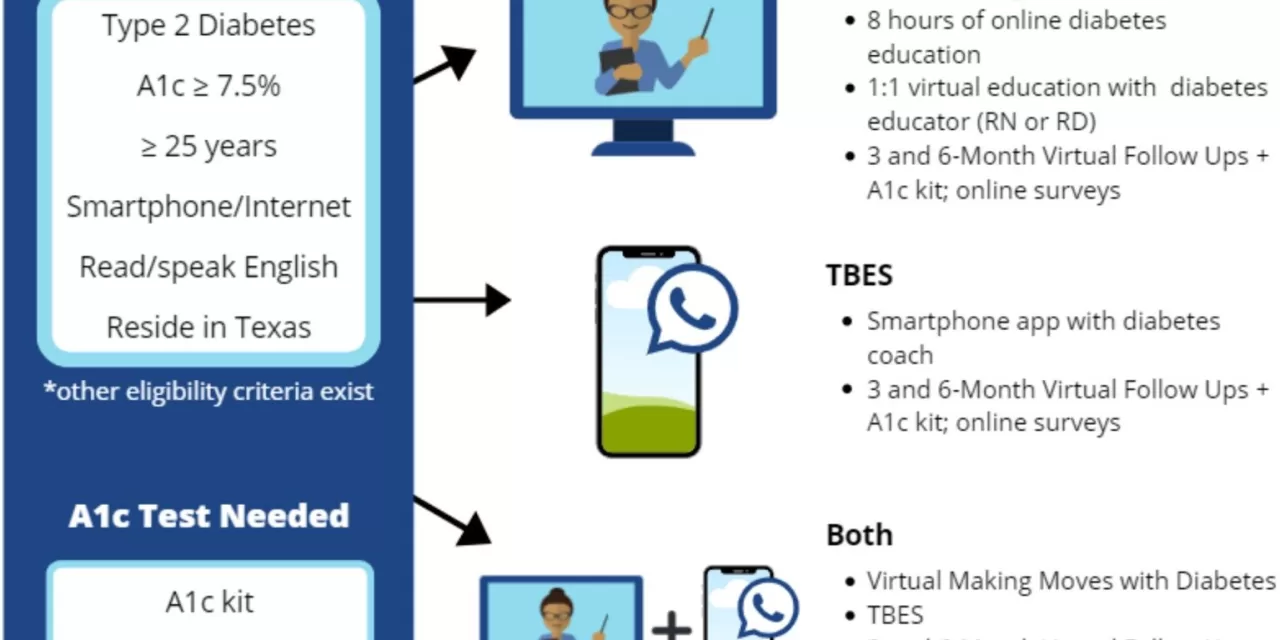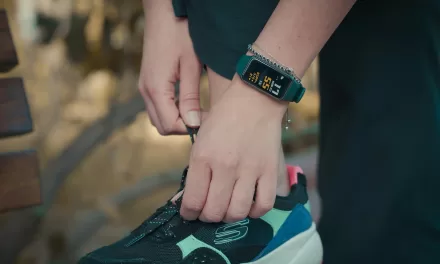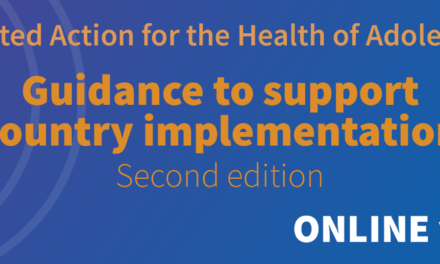A new study has found that online diabetes self-management programs can significantly help participants lower their blood sugar levels, offering a potentially cost-effective and accessible solution for managing type 2 diabetes.
Researchers from Texas A&M University School of Public Health conducted a study involving 189 adults across Texas, both in rural and urban areas, who had unmanaged type 2 diabetes. The participants were randomly assigned to one of three intervention groups: a structured virtual education program with one-on-one counseling, a smartphone application with diabetes self-care tools and coach access, or a combination of both.
The study, published in Frontiers in Public Health, tracked participants’ hemoglobin A1c (HbA1c) levels, a key indicator of long-term blood sugar control, over a six-month period. All three intervention methods resulted in a reduction in HbA1c levels, with no single method proving significantly more effective than the others.
“These findings support other studies that found similar diabetes self-management interventions to be effective,” said Marcia Ory, Regents and Distinguished Professor with the Texas A&M School of Public Health, who led the study. “In contrast to other studies, however, our longitudinal analyses found that A1c levels remained lower over time, suggesting that providing self-paced training and skill development could have a lasting impact, despite the particular virtual delivery mode.”
The study also found that older adults and those with better baseline health tended to experience greater reductions in HbA1c levels. The researchers noted a high retention rate, with approximately 90% of participants completing the six-month study.
While the results are promising, researchers caution that the study had limitations. Gang Han, a key researcher, emphasized that the findings may not be generalizable to all individuals with type 2 diabetes, given the study’s relatively small and homogenous sample of English-speaking participants with access to digital technology, all located within Texas. The COVID-19 pandemic also presented challenges to participant recruitment and study protocols.
“Still, we expect that many people with unmanaged type 2 diabetes—including those from underrepresented groups or who have less access to health care—could experience similar benefits,” Ory said.
The researchers hope that these findings will contribute to the development of more accessible and effective diabetes self-management programs, particularly given the rising prevalence of type 2 diabetes in the United States.
Disclaimer: The information provided in this article is based on the study referenced and is intended for informational purposes only. It should not be construed as medical advice. Individuals with type 2 diabetes should consult with their healthcare providers to determine the most appropriate diabetes management strategies for their specific needs.(
More information: Marcia G. Ory et al, Comparative effectiveness of diabetes self-management education and support intervention strategies among adults with type 2 diabetes in Texas, Frontiers in Public Health (2025). DOI: 10.3389/fpubh.2025.1543298)












